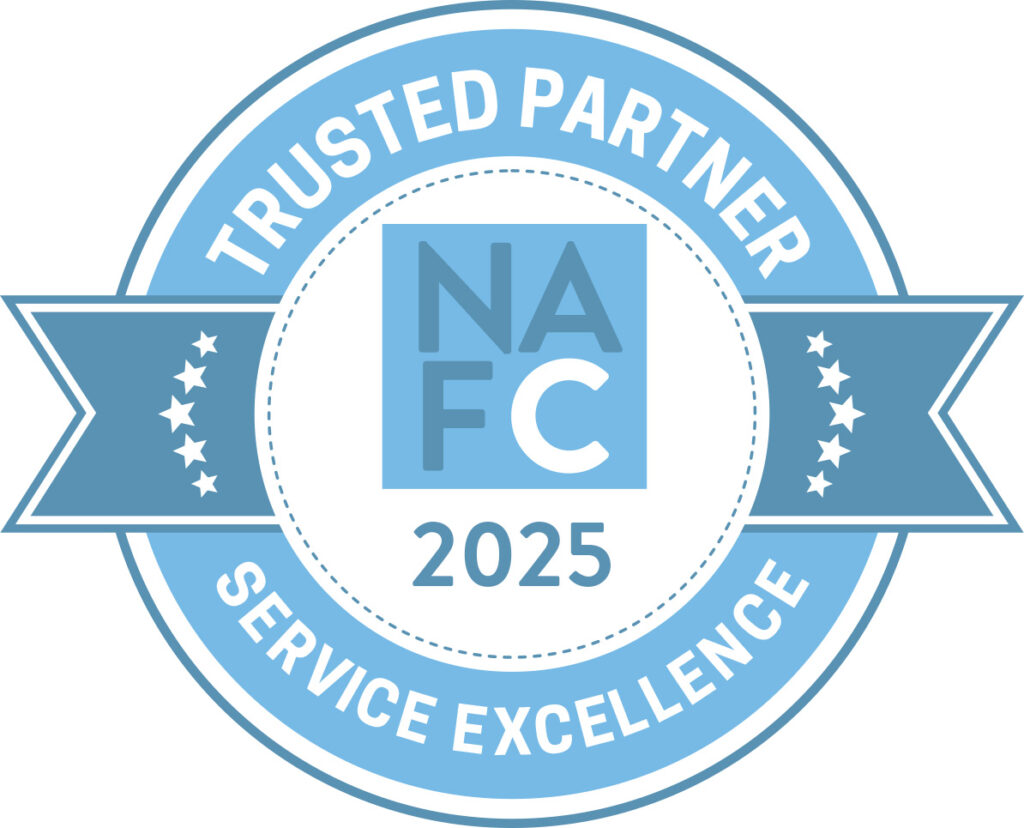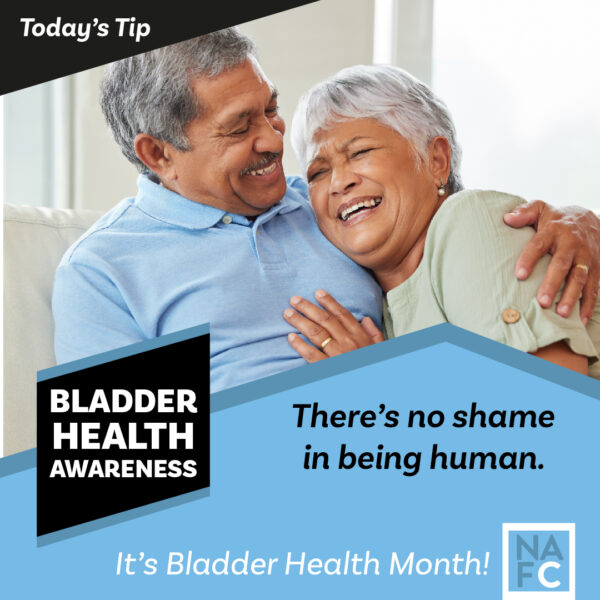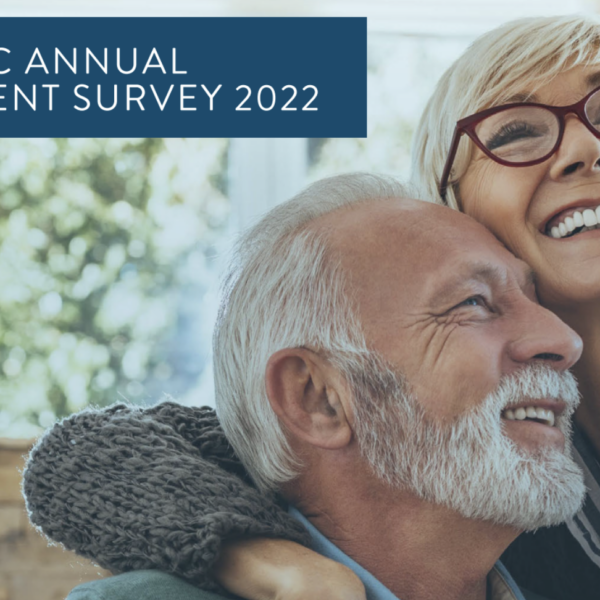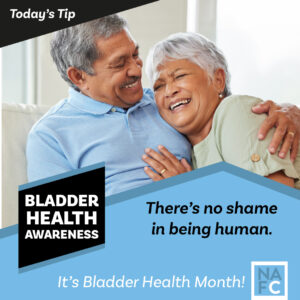Interview with Dr. Timothy Boone
2017 Recipient of the Rodney Appell Continence Care Champion Award
-
What lead you to focus on neuroscience and spinal cord injury with veterans specifically?
I got my Ph.D. in neuroscience and my father was a urologist, so I grew up around urology. Initially, I was interested in becoming an ENT, but my father and colleagues talked to me about how much we still don’t know about in the field of neurourology. Most of the work I did in neuroscience had to do with speech and the brain and changing to the field [of urology] allowed me to use what I knew in neuroscience and bring that in. Bill Steers and Rodney Appell were big influences in my career. Bill introduced me to the power of networking and “who you know,” and he connected me to academic neurourology, the brain and the connection to the bladder. I met Rodney through SUFU while he was at the Cleveland Clinic and recruited him to come to Houston.
-
What do you believe are the biggest challenges for in caring for patients with neurological conditions and spinal cord injury?
Neurological conditions include those with MS, Parkinson’s, stroke survivors, brain tumor patients, brain injuries and dementia. Once of the biggest challenges working with the VA is trying to get patients to the spinal cord center where their care would improve and you are not taking on the whole VA system. Working with vets can be challenging given all they have been through and their issues beyond urology including anxiety, depression and PTSD. Often, the biggest challenge is to get them to do self-catheterization. They need physical rehab, many have ulcers and malnutrition and are non compliant with catheterization. They may have survived Vietnam, but they could succumb to renal failure and malignant stone disease if not managed well. Intermittent catheterization and draining the bladder is critical to saving many vets.
-
So many patients with incontinence issues believe that it is product of getting older or that it’s just the nature of their condition, and they are resigned to dealing with incontinence on their own. What do you believe could be improved to get treatment for the millions who remain undiagnosed, untreated or unsuccessful in their treatment?
With any patient, regardless of the kind of neurological condition, education is critical. These patients need to know why their condition occurs and why it is important to take control and seek treatment. Without proper education, it is really hard to get patients to do something like self-catheterization or physical therapy. Buy-in comes with education and with better education comes better compliance.
-
Since you have been in practice, what changes have you observed in patient expectations of clinical outcomes?
The biggest change I have observed is the proliferation of advertising and news stories in prime time. News and advertising about drugs for the bladder, diapers and ED commercials. This kind of money could have a big impact on research, but the advertising has elevated the awareness for a condition that most patients rarely understood.
-
What do you believe are the critical success factors in treating your patients?
I believe in data collection and the use of physical therapy. I have incorporated physical therapy much more into my practice. It is amazing how much more can be done with PT as a part of the treatment plan. PT can do a lot of good for patients in pain and with incontinence and intimacy. I am more educated now on physical therapy and more of a believer in the importance of it and having trained professionals do that.
It should be a bigger part of the treatment plan for men and women. Physical therapy is something that can empower them, like being healthy and exercising.
There is a lot to be said for the power of this practice. It is important to outcomes.
-
What accomplishments in your career are you most proud of?
I am most proud of my trainees and residents. I enjoy helping them succeed and fostering education with them. It is gratification that is similar to having kids. Rodney felt the same way. He was big on education and he was close to the fellows he trained. Your greatest pride is seeing the the success of the ones you participated in training and educating.
-
What kind of advances or changes in the field of urology and urology care would you like to see over the next 10 years
Technology has evolved so much, with wireless and bluetooth technology changing the way our equipment operates. This has advanced the field in many ways and I embrace that change. I think now with phones present everywhere and always in peoples’ hands that apps for urologic conditions should become more successful. Apps could provide reminders for timed voiding and voiding diaries. Even help with self- diagnosis for conditions like nocturia with simple metrics to encourage finding the proper diagnosis and treatment will be possible. These kinds of new apps would be a tremendous application for everyone in reach of a phone regardless of age. There will be new discoveries in pharma, new classes of drugs that are more targeted and work a lot better. I am hopeful we will see that, too.
-
You were just selected as the 2017 SUFU Rodney Appell Continence Care Champion. Can you tell us how it feels to be named a Continence Care Champion after your fellow friend and colleague?
My connection with Rod is the highest honor. Rodney was a good and trusted faculty member. Rodney was always the one to volunteer to do anything including the thankless jobs. He always raised a hand or offered to take calls at a public hospital. He was glad to do it and was selfless in that regard. He was not a wallflower. We learned that you better not ask him a question if you were not prepared for his answer. He always had an opinion. He always had a great story to tell and was hilarious to be around.






